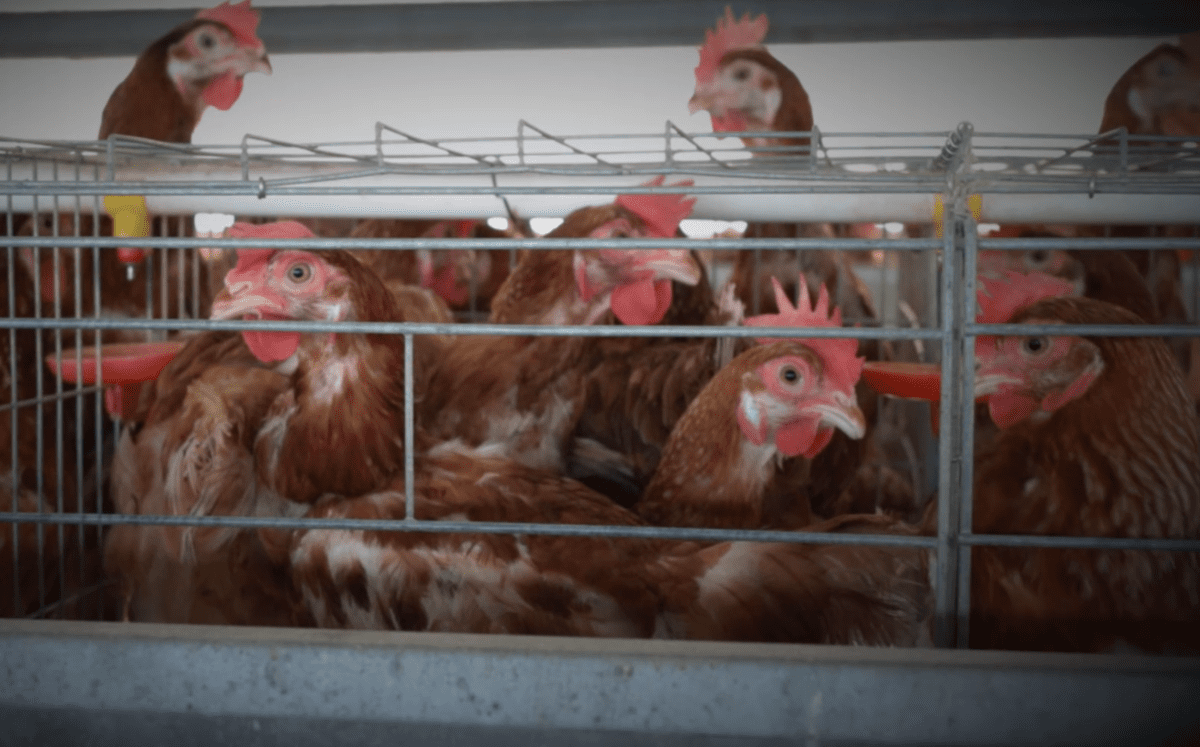Article originally published in The Georgia Straight.
For decades, animal-welfare groups have been campaigning for better conditions for animals on Canada’s farms. Progress has been slow, but two major achievements seemed to be within reach: an end to battery cages for laying hens and a phase-out of gestation crates for pigs. Until now.
Hopes for better lives for pigs and hens are now in doubt following news that the Retail Council of Canada (RCC) is reneging on commitments to sourcing only cage-free eggs and to shift away from selling pork from farms using gestation crates. The RCC represents Canada’s major grocery chains.
Last week, the RCC announced that it “will pursue and make commitments solely through NFACC, thus removing previous commitments on sow housing and cage-free eggs…”. NFACC is the National Farm Animal Care Council, an industry-dominated body that oversees codes of practice for the care and handling of farm animals.
In 2013, the RCC announced it would move toward sourcing pork from pigs raised in “alternative housing practices” by 2022. In 2016, the council committed to sourcing only eggs from cage-free hens by 2025.
The RCC’s abandonment of these commitments follows last year’s decision by Canada’s pig farmers to renege on their 2014 commitment to end the continuous use of gestation stalls by 2024.
These moves by farmers and the grocery industry fly in the face of public opinion. Polling has shown that 85 percent of Canadians support a complete phase-out of gestation stalls, and almost two-thirds want an end to battery cages for hens.
Gestation crates confine pregnant sows so tightly that they are unable to engage in natural behaviours or even turn around. Scientists and animal welfare experts have long argued that the crates compromise pigs’ welfare. Temple Grandin, the renowned professor of animal science, has stated: “Gestation crates for pigs are a real problem… Basically, you’re asking a sow to live in an airline seat…”
Battery cages for laying hens allow approximately 22 x 22 cm (9 x 9 inches) of space per hen, preventing them from engaging in natural behaviours or even flapping a wing. The European Union banned battery cages in 2012.
There is no doubt that gestation crates and battery cages are inhumane and that consumers want them gone. So why are the farming and grocery industries backsliding on their promises to move toward systems with better animal welfare? Are they hoping the commitments they made amidst high-profile campaigns by animal-welfare groups can be quietly dropped now that those campaigns have abated?
If so, they are misreading the public mood, which has been increasingly supportive of better welfare for farm animals. A 2017 poll found that a majority of Canadians would pay grocers more if animal welfare were improved.
Breaking promises to support better welfare could backfire on farmers and the RCC, as animal-welfare organizations and the public lose faith in a system that is essentially self-regulating and dependent on the industry-dominated NFACC. The public perception that animal agriculture is averse to transparency and accountability has already been heightened by the introduction of “Ag-gag” legislation in Ontario and Alberta. Calls for independent regulation, inspection, and enforcement are likely to grow as trust in industrialized animal agriculture and the grocers that sell its products declines.
Canadians know animals suffer on factory farms and they want it to stop. (Is it any wonder that the plant-based food industry is booming?) If farmers and retailers break their promises on gestation crates and battery cages, hundreds of thousands of pigs and millions of laying hens will suffer. The RCC needs to stand by its previous commitments on farm-animal welfare, not only to show it cares about what consumers want but because it’s the ethical thing to do.

